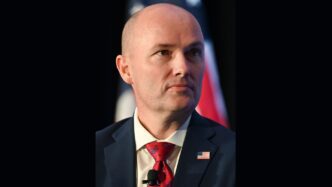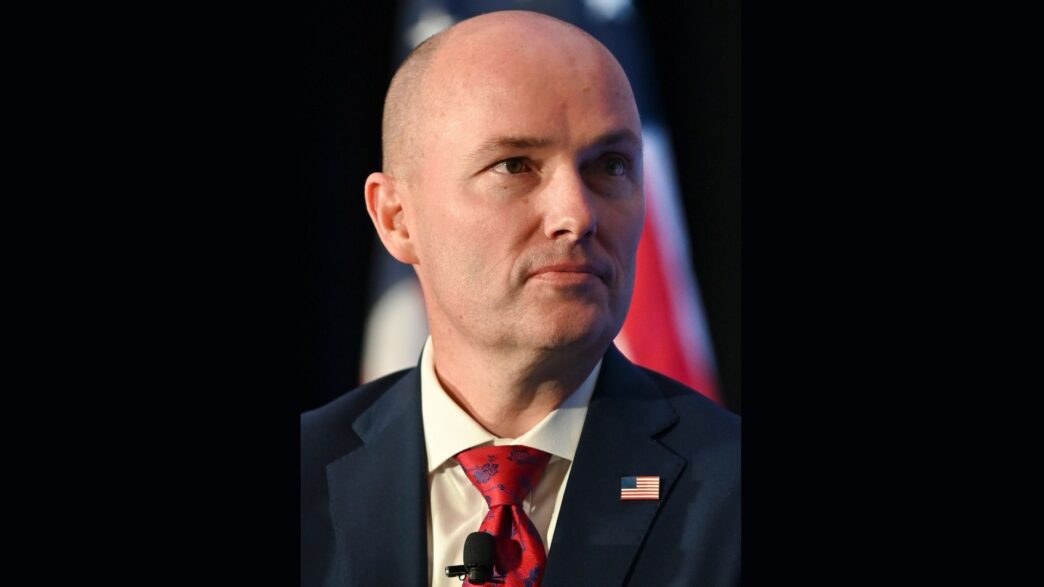Executive Summary
The Story So Far
Why This Matters
Who Thinks What?
Utah Governor Spencer Cox’s long-standing campaign for political civility, advocating for Americans to “disagree better,” has gained significant national attention following the assassination of conservative activist Charlie Kirk. The tragic event has brought new prominence to Cox’s calls to end violent political division, simultaneously exposing a sharp divide within the Republican Party regarding the path forward. While prominent Democrats and some Republicans have praised Cox’s performance on a national stage, some Trump-aligned figures have voiced criticism.
A Call for Unity Amidst Division
Governor Cox implored the country to dedicate itself to ending a cycle of violent division, echoing his consistent calls for civility in the nation’s political discourse. He urged all Americans, regardless of their political affiliation, to embrace forgiveness, citing a lesson he attributed to Kirk: “Always forgive your enemies – nothing annoys them so much.” Cox posed a critical question to the nation, asking whether this moment marks “the end of a dark chapter of our history, or the beginning?”
Maryland’s Democratic Governor Wes Moore, a close friend of Cox, praised his authenticity and leadership. Moore stated that Cox “doesn’t change depending on who the audience is” and described him as a “deeply good human being” helping to lead the country through a moment of tension. Republican Senator John Curtis of Utah also echoed similar sentiments, emphasizing the societal need to “turn down the dial” on political rhetoric.
Internal GOP Divide
Despite his calls for unity, Cox has faced sharp criticism from some Trump-aligned Republicans. Steve Bannon, an ally of both Kirk and President Trump, referred to Cox as “a governor who’s also known, I think, to be particularly obnoxious” on his “War Room” podcast. Bannon dismissed Cox’s message as an unnecessary “political pep talk,” alluding to Cox’s 2022 veto of a ban on transgender youth athletes in girls’ sports, which the legislature ultimately overrode.
This internal friction raises questions about the extent of the Republican Party’s appetite for the type of unifying message Cox champions. Cox, despite leading a deeply conservative state, has often been at odds with President Trump. He did not support Trump in 2016, citing concerns about his character, and only endorsed Trump last year after an assassination attempt on the then-former president’s life.
“Disagree Better” Initiative and Social Media Critique
As chairman of the National Governors Association, Cox launched the “Disagree Better” initiative, featuring videos with Democratic governors to promote civility. One notable video with Colorado Governor Jared Polis highlighted their shared goal to “help save your family dinners,” while another with Governor Moore showcased their camaraderie over basketball and baldness.
Cox also renewed his call for Americans, particularly younger generations, to disengage from social media, which he described as “a cancer.” He urged people to “log off, turn off, touch grass, hug a family member, go out and do good in your community.” This message resonated across the political spectrum, with Hawaii Senator Brian Schatz, a liberal Democrat, praising it as a potential vote-winner, and Senator Curtis calling it “one of the wisest things” Cox said.
The Utah governor also highlighted his state’s response to Kirk’s death, noting “no rioting,” “no looting,” and “no violence,” but rather “vigils and prayers and people coming together to share the humanity.”
Conclusion
Governor Spencer Cox’s efforts to promote civility and unity have taken on new urgency in the wake of Charlie Kirk’s assassination, placing his “disagree better” campaign at the forefront of a national conversation. While his message garners praise from some, it also underscores significant ideological divisions within the Republican Party. His continued advocacy for a less vitriolic political discourse and disengagement from divisive online platforms presents a significant test for the future direction of American politics and the GOP.








